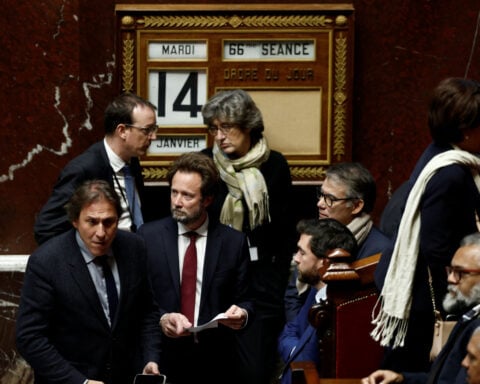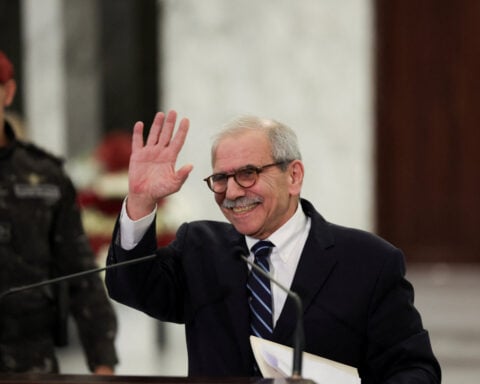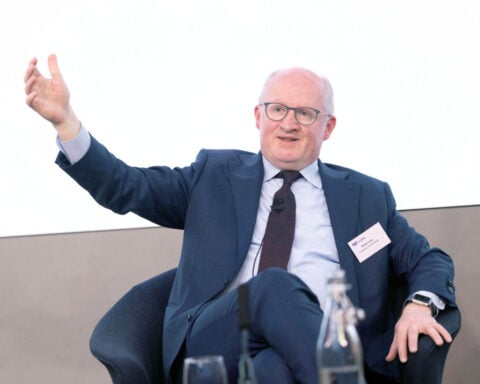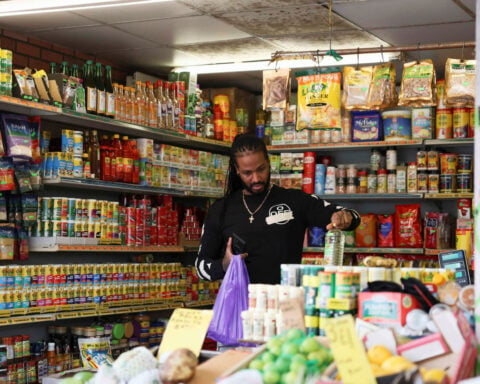LONDON (AP) — Britain’s lawmakers left Parliament on Friday for the last time before an election is held in six weeks. Some will never return. About 120 of the 650 members of Parliament are stepping down, and they and those who lose their seats on July 4 face an abrupt readjustment to life outside politics.
After a flurry of last-minute legislation, Parliament was prorogued, or formally suspended, in a ceremony featuring hat-doffing, lords in ermine-trimmed robes and commands in Norman French.
Prime Minister Rishi Sunak’s surprise decision to call a summer election with his Conservatives trailing in opinion polls means that some key pieces of legislation had to be abandoned -– including his flagship plan to ban tobacco sales to future generations.
On the second full day of campaigning, Sunak and his main opponent, Labour Party leader Keir Starmer, have already covered hundreds of miles (kilometers) crisscrossing the U.K. on carefully stage-managed visits to businesses and communities. Sunak visited Northern Ireland —- making a stop at the Belfast shipyard where the doomed Titanic was built — and central England on Friday, while Starmer was in Scotland and northwest England.
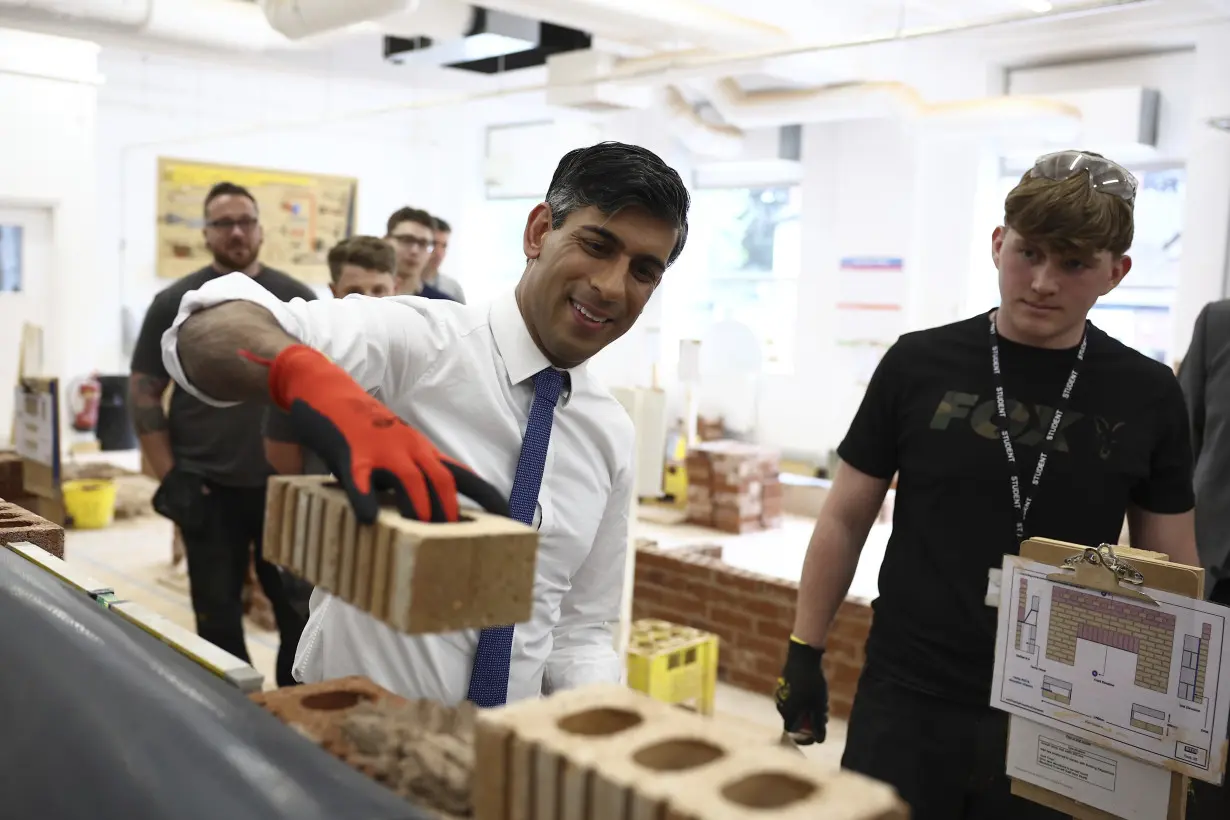
Labour is the strong favorite to win the election after moving from the left toward the political center under Starmer, its leader since 2020.
The party got a reminder of its recent past on Friday, when Starmer’s predecessor, Jeremy Corbyn, said he would run for Parliament as an independent against Labour’s candidate. Starmer suspended Corbyn and barred him from running again for Labour after the former leader accused opponents of exaggerating the problem of antisemitism in the party.
Starmer apologized for antisemitism, a move welcomed by many Jewish Labour members and others. But supporters of Corbyn said he was being smeared because of his longtime support for the Palestinian cause.
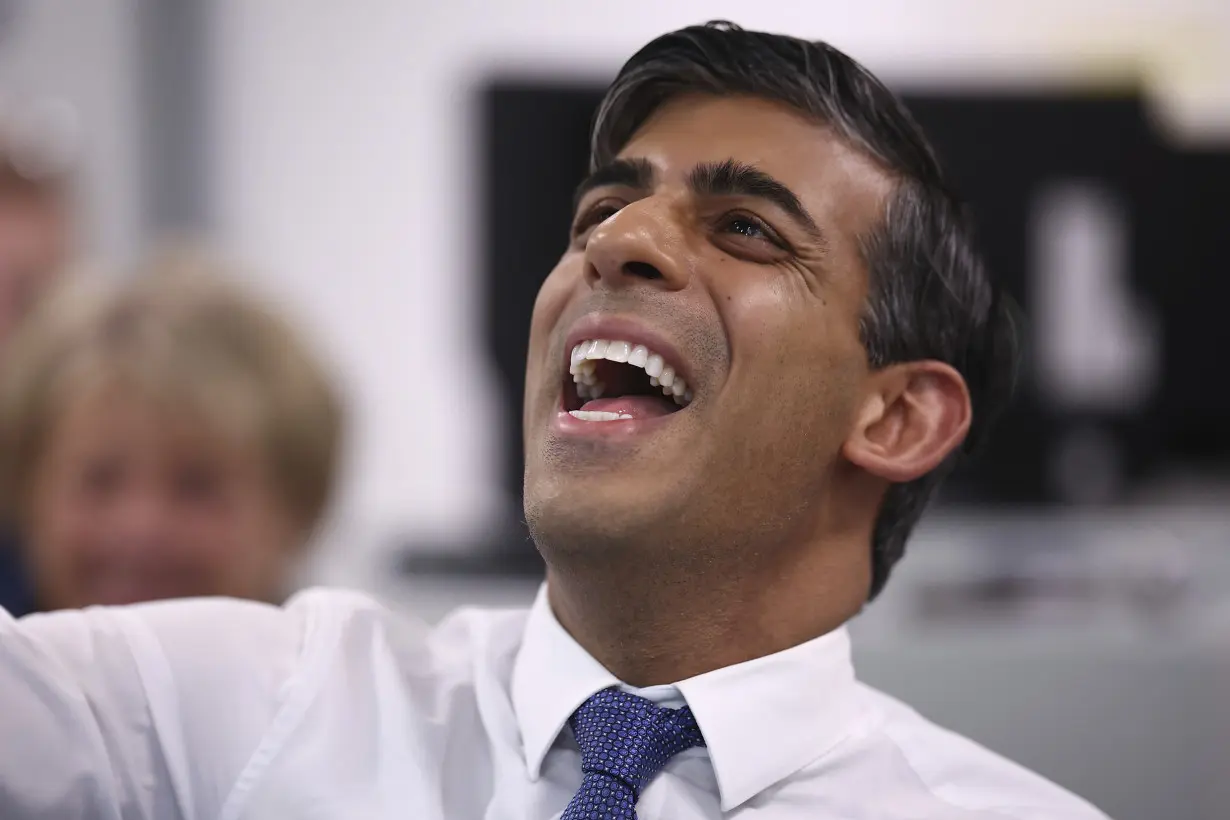
Labour on Friday chose local councilor Praful Nargund to run in the inner-London seat of Islington North, which Corbyn has represented since 1983.
“I am here to represent the people of Islington North on exactly the same principles that I’ve stood by my whole life: social justice, human rights and peace,” Corbyn said.
The list of lawmakers who are quitting Parliament grew to almost 120, an unusually high number — two-thirds of them Conservatives. They include former Prime Minister Theresa May and senior minister Michael Gove, who has been at the heart of the Conservative government for a decade and announced his departure on Friday.

"There comes a moment when you know that it is time to leave," Gove said in a resignation letter.
Parliament broke up for the election with a tradition-steeped ceremony in which lawmakers from the House of Commons were summoned to the House of Lords in the name of King Charles III by an official known as Black Rod. That was followed by a round of bowing and cap-doffing, before a message was read out from King Charles II and the title of each bill being passed was pronounced with a cry of “le roy le veult” — “the king wills it” in Norman French.
Parliament will not sit again until after the election, when 650 new members of Parliament will be sworn in.
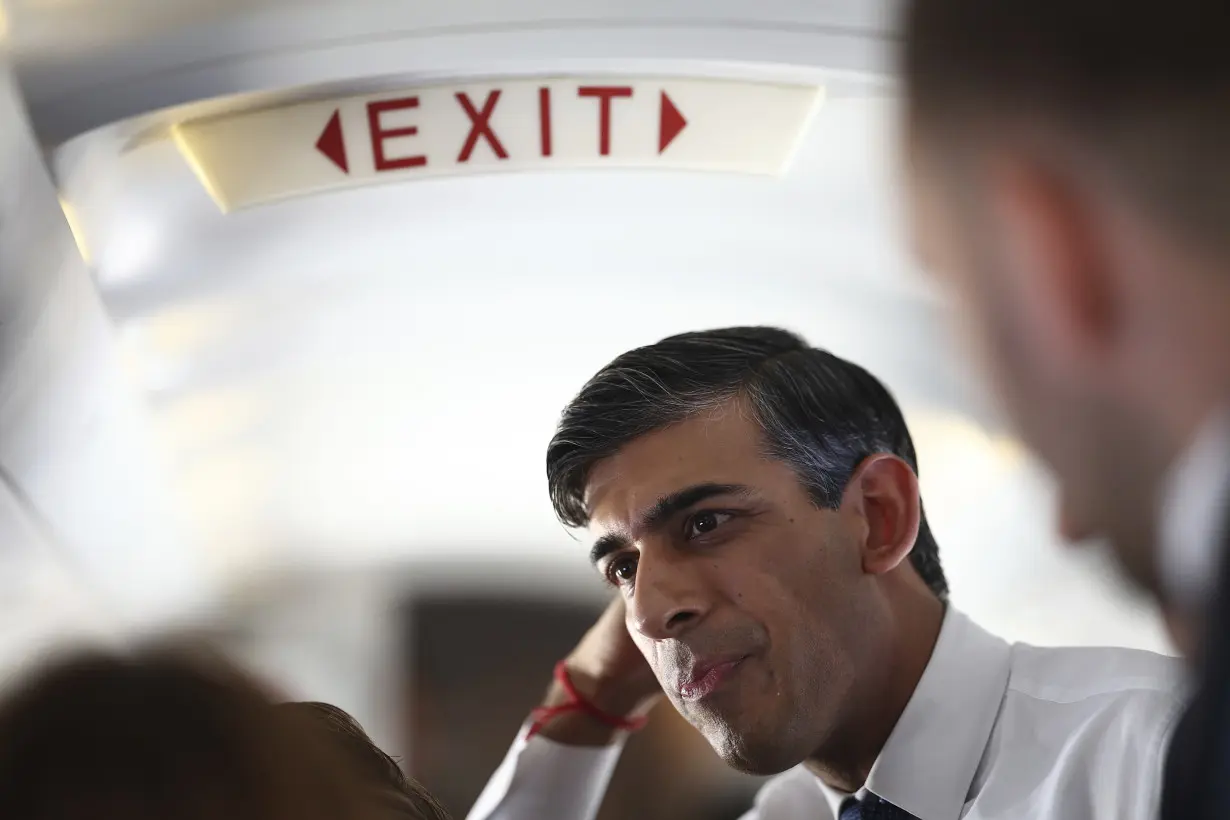
The new government, whether Labour or Conservative, is due to announce its legislative program at another occasion of pomp and ceremony, the State Opening of Parliament, on July 17.
There was a last-day-of-school feeling in Parliament on Friday. Lawmakers hugged one another goodbye, and a few brought young children for a tour of Parliament’s grand but crumbling buildings.
Members of the House of Commons and the House of Lords scurried to pass final pieces of legislation before the shut-down — a process known as “washing up.”
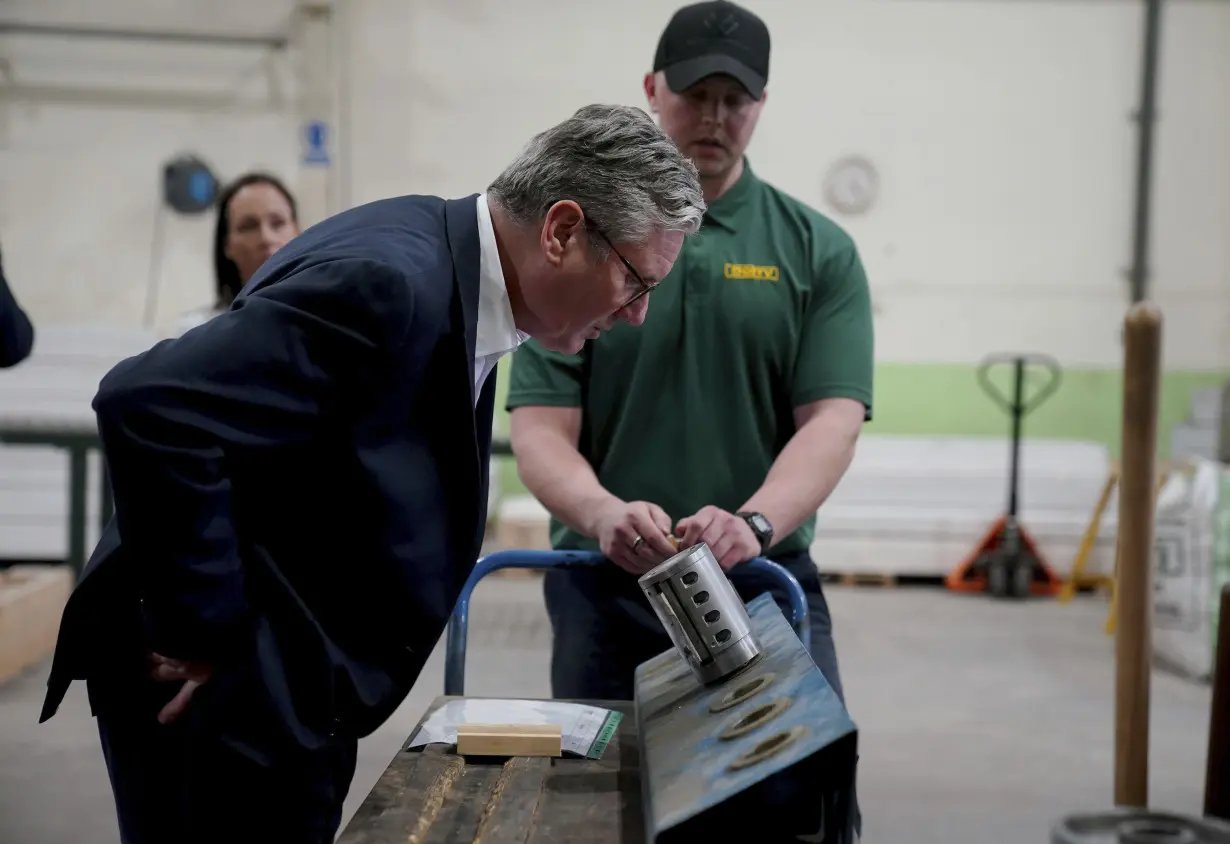
One of the most significant was a law that quashes the convictions of hundreds of Post Office branch managers who were prosecuted for theft or fraud because a faulty computer system known as Horizon showed money was missing. The prosecutions and yearslong cover-up by Post Office bosses has been called one of the biggest miscarriages of justice in U.K. history.
Victims of a tainted blood scandal in which thousands of people were infected with HIV and hepatitis by contaminated blood products in the 1970s and '80s will get compensation after the Victims and Prisoners Bill is passed by Parliament.
A law overhauling property law in England and Wales, giving more rights to people who own leasehold properties — where the building’s freehold is owned by someone else — also made it onto the statute books.
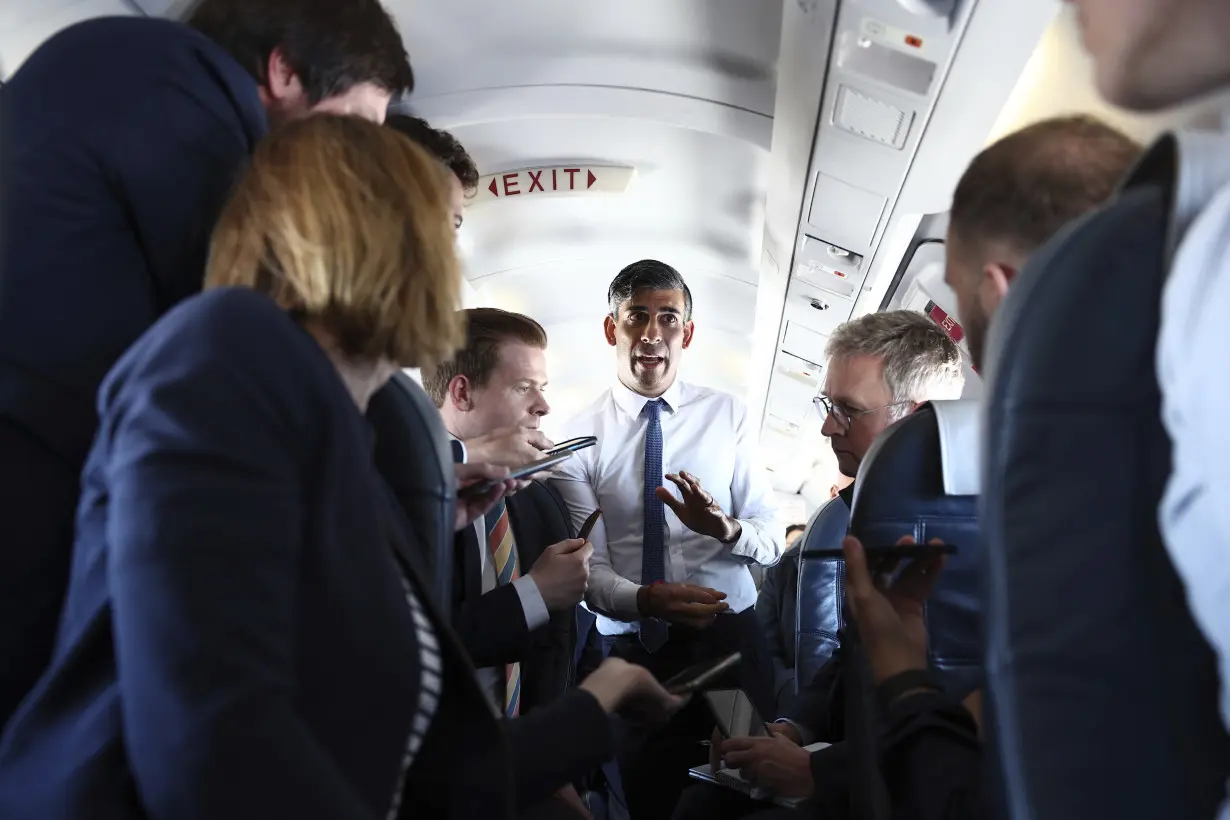
One of Sunak’s flagship policies — a plan to create a “smoke-free generation” by banning the sale of tobacco products to anyone born after 2008 — is among the bills that ran out of time.
The prime minister said he was “disappointed not to be able to get that through at the end of the session," but nonetheless said the policy was “evidence of the bold action that I’m prepared to take.”
The smoking ban could be reintroduced by the new government if the Conservatives win the election. Labour supports the idea in principle and could also introduce a similar bill if it wins power.
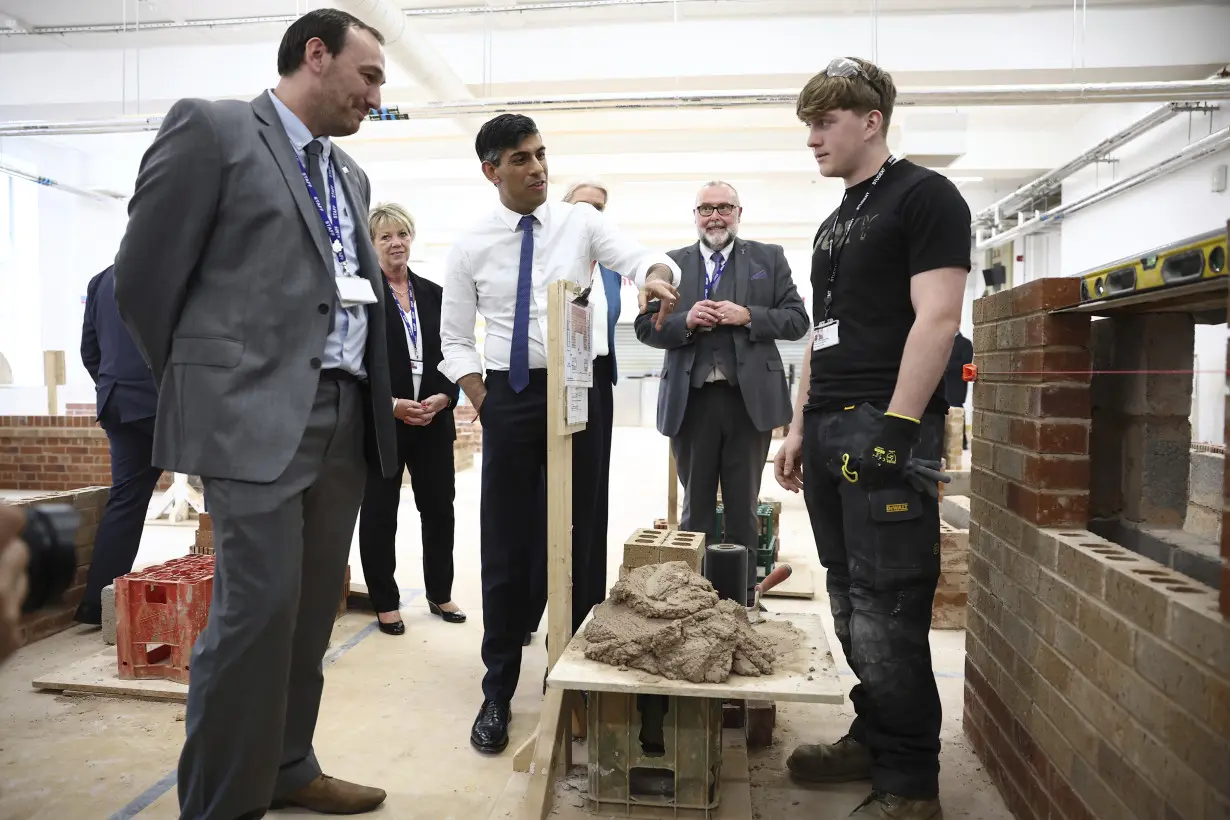
A law that would ban landlords from evicting tenants without giving a reason also fell by the wayside.


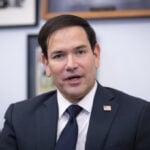 Rubio vows to place US interests 'above all else' as Trump's top diplomat
Rubio vows to place US interests 'above all else' as Trump's top diplomat
 Manatees congregate in warm waters near power plants as US winter storms graze Florida
Manatees congregate in warm waters near power plants as US winter storms graze Florida
 AAPI adults prioritize immigration, but split on mass deportations: AP-NORC/AAPI Data poll
AAPI adults prioritize immigration, but split on mass deportations: AP-NORC/AAPI Data poll
 Nippon Steel wants to work with Trump administration on US Steel deal, Mori tells WSJ
Nippon Steel wants to work with Trump administration on US Steel deal, Mori tells WSJ
 After cable damage, Taiwan to step up surveillance of flag of convenience ships
After cable damage, Taiwan to step up surveillance of flag of convenience ships
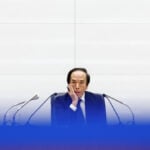 BOJ will raise rates if economy, price conditions continue to improve, Ueda says
BOJ will raise rates if economy, price conditions continue to improve, Ueda says
 As fires ravage Los Angeles, Tiger Woods isn't sure what will happen with Riviera tournament
As fires ravage Los Angeles, Tiger Woods isn't sure what will happen with Riviera tournament
 Antetokounmpo gets 50th career triple-double as Bucks win 130-115 to end Kings' 7-game win streak
Antetokounmpo gets 50th career triple-double as Bucks win 130-115 to end Kings' 7-game win streak
 Zheng loses to No 97 Siegemund, Osaka rallies to advance at the Australian Open
Zheng loses to No 97 Siegemund, Osaka rallies to advance at the Australian Open

